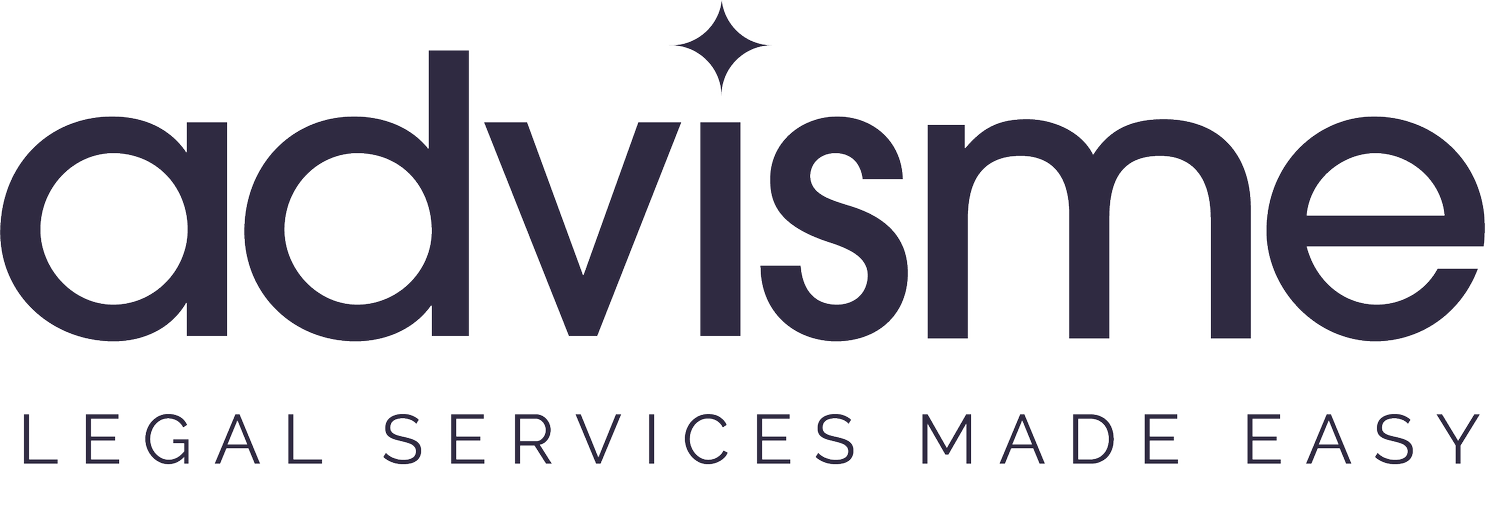Who owns copyright in a photo?
A high-profile reality TV family have been in the news recently due to their attempts to remove an unfiltered photo of Khloe from the Internet.
The photo presents a more natural appearance of Khloe than the photos she usually posts to her social media pages. The family members are claiming that the photo was published by mistake without Khloe’s permission and is an infringement of her copyright. It is currently subject to a take-down notice.
Interestingly, the owner of the copyright in a photo is normally the photographer. The photograph is not a selfie, so does Khloe own copyright in the photo?
In New Zealand, the owner of copyright in a work is generally the author of that work. There are some exceptions to this position. One of those relates to works created by employees. For example, if a photo is taken by an employee in the course of their employment, the employer will own the copyright in that photo (unless there is a specific agreement otherwise).
In this case, if the photo was taken by an employee of Khloe’s while working (for example, her assistant), the copyright in the photo likely belongs to Khloe. Alternatively, if the photographer assigned the copyright in the photo to Khloe, she would be the copyright owner.
Can the copyright owner prevent use of the photo?
Generally, the owner of work in which copyright exists, including a photograph, has the right to control the use of that work, including the exclusive right to copy the photo or show it in public. When someone uploads a photo to the Internet, a copy of that photo is made and the image is disseminated publicly, which, if done without permission, is an infringement of copyright.
In New Zealand, there is an exception for “fair dealing” which allows limited use of a copyright image that is subject to copyright for the purposes of criticism or review, provided there is sufficient acknowledgement of the copyright owner. The exception also allows limited use for reporting current events, but this does not apply to photographs unless the reporting is a sound recording, film, or communication work (includes a broadcast or cable programme). This means that a televised news report showing a photograph while reporting on current events would likely be fair dealing, and not an infringement of copyright, but an online news article showing the same photograph would likely infringe copyright.
Can people control how their image is used?
Copyright is a bundle of exclusive property rights that protect original works. If someone takes a photo of you, (exceptions aside), they are the first owner of the copyright in that photo. They have the right to use that photo, not you. However, that does not mean that they can use your image for commercial purposes without your permission. If your image is used to promote goods or services without your permission, there are potential remedies under the Fair Trading Act. In certain circumstances, using a photograph of someone without their permission may also be a breach of the Privacy Act or potentially be an interference with your privacy that is actionable under the tort of breach of privacy.
So, can I post that photo on social media or not?
Generally, if you have taken the photo, you have the right to decide how you use it, including posting it to social media. However, if the photo is of another person, or people, we recommend that you check before posting, particularly if a reasonable person might find it offensive to have that photo published publicly. If you did not take the photo, you will need the permission of the copyright owner before you can post the photo, unless you fall within one of the narrow fair dealing exceptions. And remember, while most social media companies are not based in New Zealand, if you want to repost a photo of Khloe or her family members on Instagram, be aware that NZ is part of the Berne Convention (an international agreement governing copyright) that provides that NZ must treat the copyright of works of authors from other member countries (like the US) as having the same level of protection as its own national copyright works.

